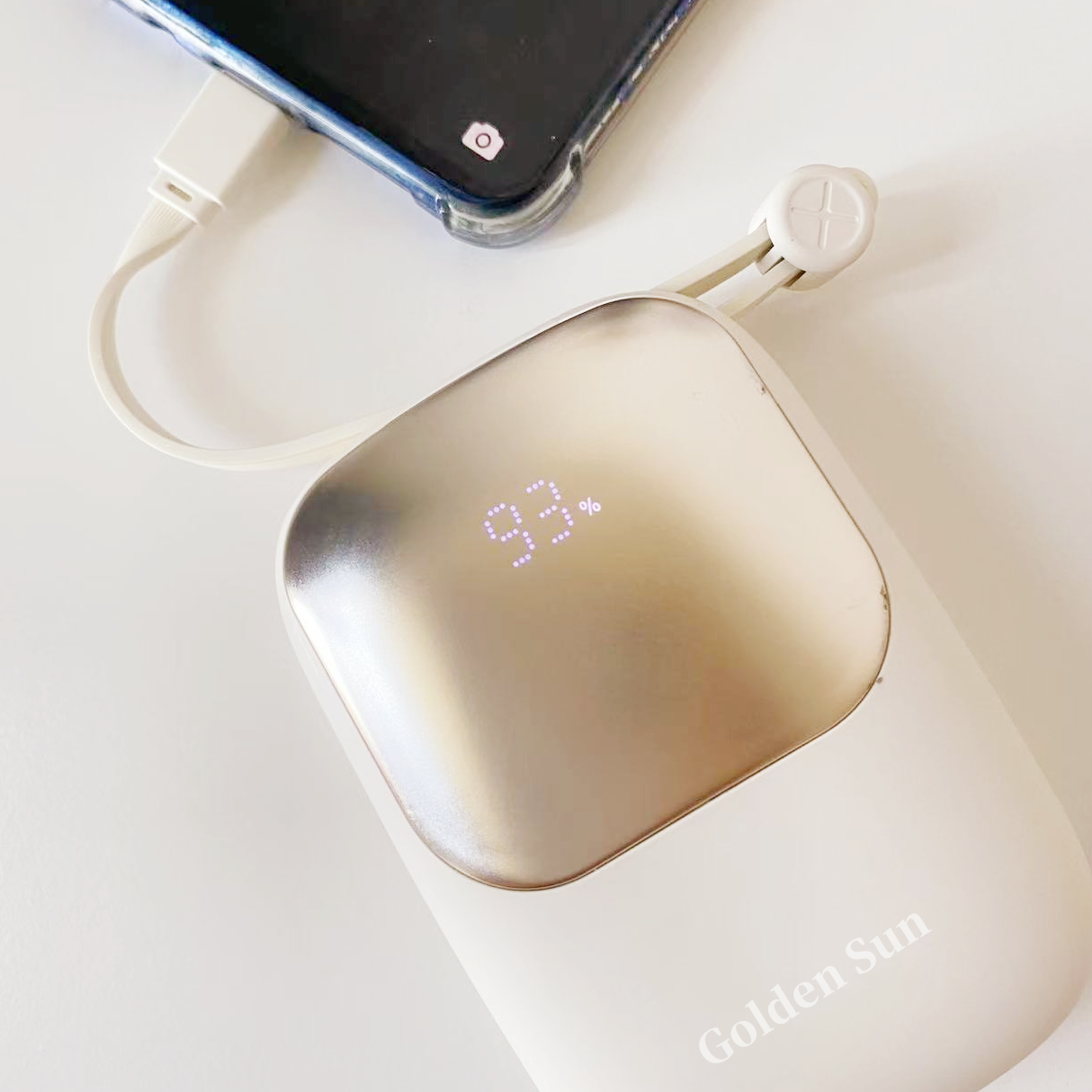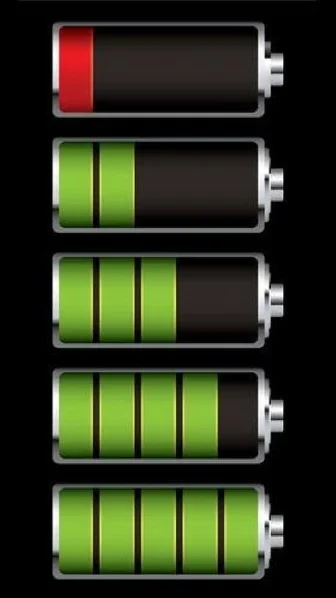With the rise of 100W+ fast charging technologies, many smartphone users enjoy fully charged devices in just 15-30 minutes. But a critical question remains: Does fast charging harm battery health over time?

How Fast Charging Works
Fast charging delivers higher power (measured in watts) by increasing either voltage (e.g., USB Power Delivery) or current (e.g., Oppo’s VOOC). While this speeds up charging, it also generates more heat—a key factor in battery degradation.

The Science Behind Battery Damage
- Heat Buildup
- Lithium-ion batteries degrade faster when exposed to high temperatures (above 35°C/95°F).
- Fast charging can raise battery temperature by 5-10°C compared to standard charging.
- Chemical Stress
- Rapid energy transfer accelerates electrolyte breakdown and lithium plating, reducing capacity over time.
- Studies show batteries charged at 1C (standard rate) retain ~80% capacity after 500 cycles, while 2C (fast charge) may drop to ~65%.
Manufacturers’ Mitigation Strategies
To counteract damage, companies use:
- Adaptive Charging (e.g., Apple’s Optimized Battery Charging, Samsung’s AI-based throttling).
- Cooling Systems (e.g., graphene films, vapor chambers in gaming phones).
- Split Batteries (e.g., dual-cell designs to distribute heat).
How to Protect Your Battery
- Avoid Continuous Fast Charging
- Use standard charging (5W-18W) overnight or when not urgent.
- Keep Battery Between 20%-80%
- Shallow cycles stress the battery less than 0%-100% charges.
- Remove Phone Cases
- Prevent heat trapping during fast charging sessions.
- Update Software
- Manufacturers often optimize charging algorithms via updates.

